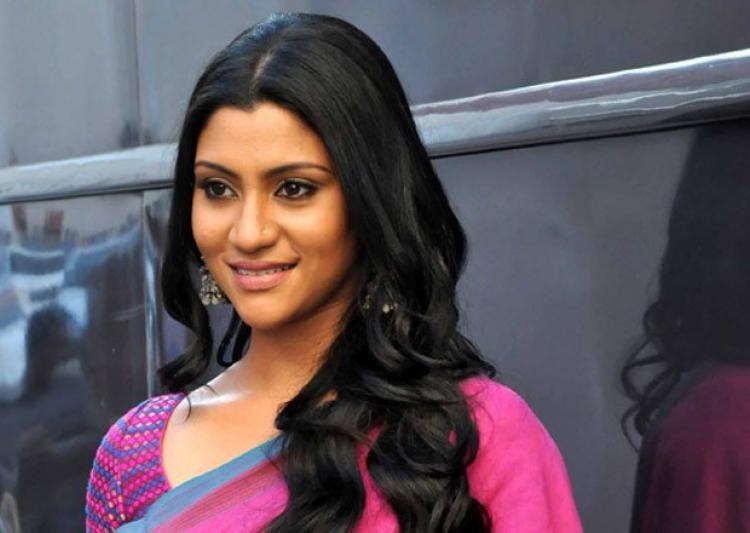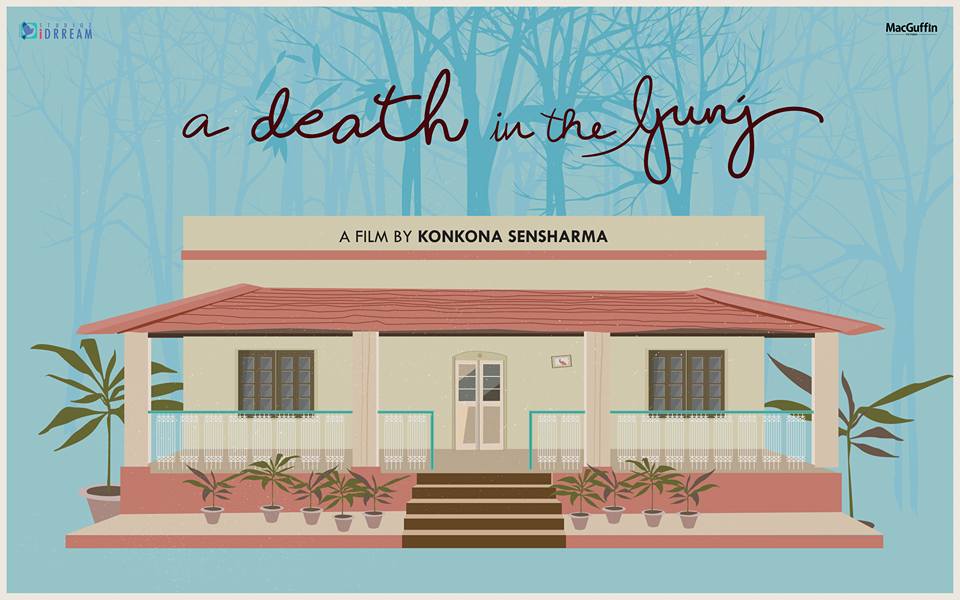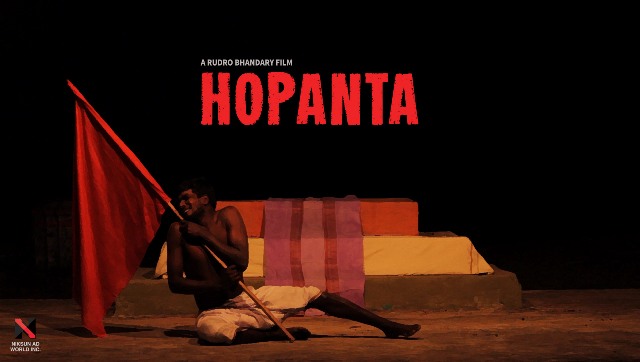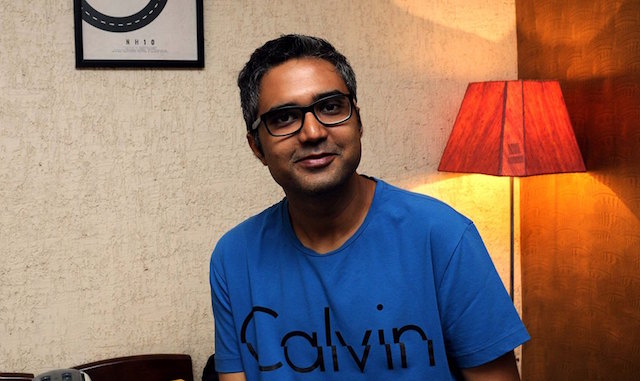Many answers in this interview start with ‘I don’t know’. But what I gather from these answers about the person I am interviewing is not a negative feedback at all. These ‘I don’t know’ are the most important ones of our lives. These make us clear-minded, honest, and humble creatures.
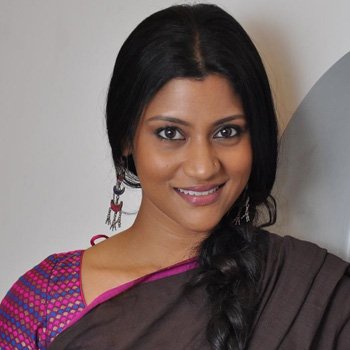
Here, Konkona Sen Sharma reflects of the same creature. Her directorial debut ‘A Death in The Gunj’ is out and garnering great reviews. This isn’t obviously, a Raees or a Dangal, which would gain 100 crores at the box office. This, however, is the cinema that isn’t troubled by the numbers. This film comes straight out from the heart of Konkona Sen Sharma and she discloses it that she did it for the love of it.
In the industry for several years now as an actor, Konkona speaks why it still is a task to get important roles. There are many things, as I said earlier, which she does not know, like the lack of important roles nowadays. But, at the same time, you begin to know her a lot as you listen to her.
Q: “A Death In The Gunj” is your directorial debut and is based on a short story by your father Mr. Mukul Sharma. What made you choose this story to be your directorial debut?
A: (Long Pause) I had been hearing these stories from my father from a young age. My parents use to own a home in McCluskieganj and my grandparents lived there for some time. It was in the late 70s and early 80s. So at that time, my family would drive down from Calcutta to McCluskieganj a lot to meet my grandparents. It was an 8-10 hour drive. I don’t remember very much as I was very young. But I heard stories very later from that time. These were just family stories, stories from summer vacation. And because the place is very isolated and very remote, it has also got the same kind of atmosphere. It suits the stories which are a little chilling. My dad had written a short story but I had heard it verbally from him during childhood. Both my dad and mum were very good storytellers and I heard many such stories from them. These are the stories which developed into the film.
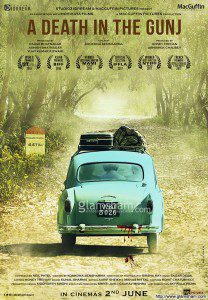 Q: What do you think makes the film stand out? What should the audience look out for in this film?
Q: What do you think makes the film stand out? What should the audience look out for in this film?
A: What should people look out for? I think, firstly, it is the time period. The film dates back to 1979. So that itself is a highlight for me. It was fun to recreate that time in the film. Whether it was the costume or the color through which the story gets the feel of that time. There were no landline phones in that period in McCluskieganj. That is something that people have really enjoyed. And the fact is that it is a family drama. All families have their own power dynamics and hierarchy. There is also an element of suspense in the film because you don’t know who is going to die or why or how.
Q: Being an actor, it is always a big decision to go behind the camera. Was it a natural progression you planned earlier in your career? Or you always wanted to do it from the start, like your mother Aparna Sen?
A: No, I had no plan of becoming a filmmaker at all. There was a time in my life when I started plotting these stories together, making a structure and making bigger stories. The film started developing in my head gradually. I started making notes. Eventually, I reached a point when I knew this could become a film and I should write down a script.
Q: Your mother is a legendary figure in cinema. What are the things you have learned and adapted in your directorial debut from her?
A: I have learned a lot from her personality, her films and her approach to work. She has a great influence on me. I have seen her how she can really concentrate, work hard and can push herself. She has always followed her heart. She has been very inspiring.
Gender Of The Eye: Aparna Sen, A Retrospective
Q: The cast of the film has some big names and some young ones. Was it challenging for you to direct them? What were the major takeaways for you after directing them?
A: Firstly, I had a great cast that it made my job very easier. We did a fantastic acting workshop with Atul Mongia. They really came together as a team. They became people who know each other for a long time. That feeling came across.
The actors in this film, also, understood that this is a different kind of film and money was not the ultimate factor for them. I am very grateful to them for doing that. They deserve a lot of credit.
Q: How do you see this kind of film faring in India? I mean this is not a mainstream film. It lands somewhere between mainstream and arthouse.
A: I really don’t know. I tried and made a film which I found personally fascinating and interesting. When you feel something is very interesting, you try and share the experience with others. I wanted to make the film the way I saw it. I did not make it because I wanted to make a particular kind of film. Now, it is up to the audience whether they want to go and watch the film. If they are not going to watch such films, these kind of films will not be made.
Q: What next in a Director’s hat?
A: I don’t know what next for me as a director. I am hoping also to continue acting. I hope to get more important roles. Unfortunately, I don’t get good roles nowadays. It is very disappointing not to get good roles.
Q: What’s the reason for that?
A: I don’t know. I believe there are good roles being written but somehow, I have not encountered too many good roles. But yeah, a few important roles have come my way for sure. Like Lipstick Under My Burkha. I am very grateful that I got this role. Talvar was fantastic. I hope to do a few more interesting roles and then may take some time and come back to make another film.
Q: With Lipstick coming up, tell something about it, what are your expectations with the film?
A: I am very excited for the film. It’s a great victory for Alankrita Shrivastav, the director. People are really looking forward to watching the film. It’s about the lives, ambitions, and desires of women from Bhopal. These are four different women from different age groups and their stories. Their stories have been portrayed in a very authentic way and I am looking forward to it.
Interview By: Shubham Pandey & Prakash Singh

